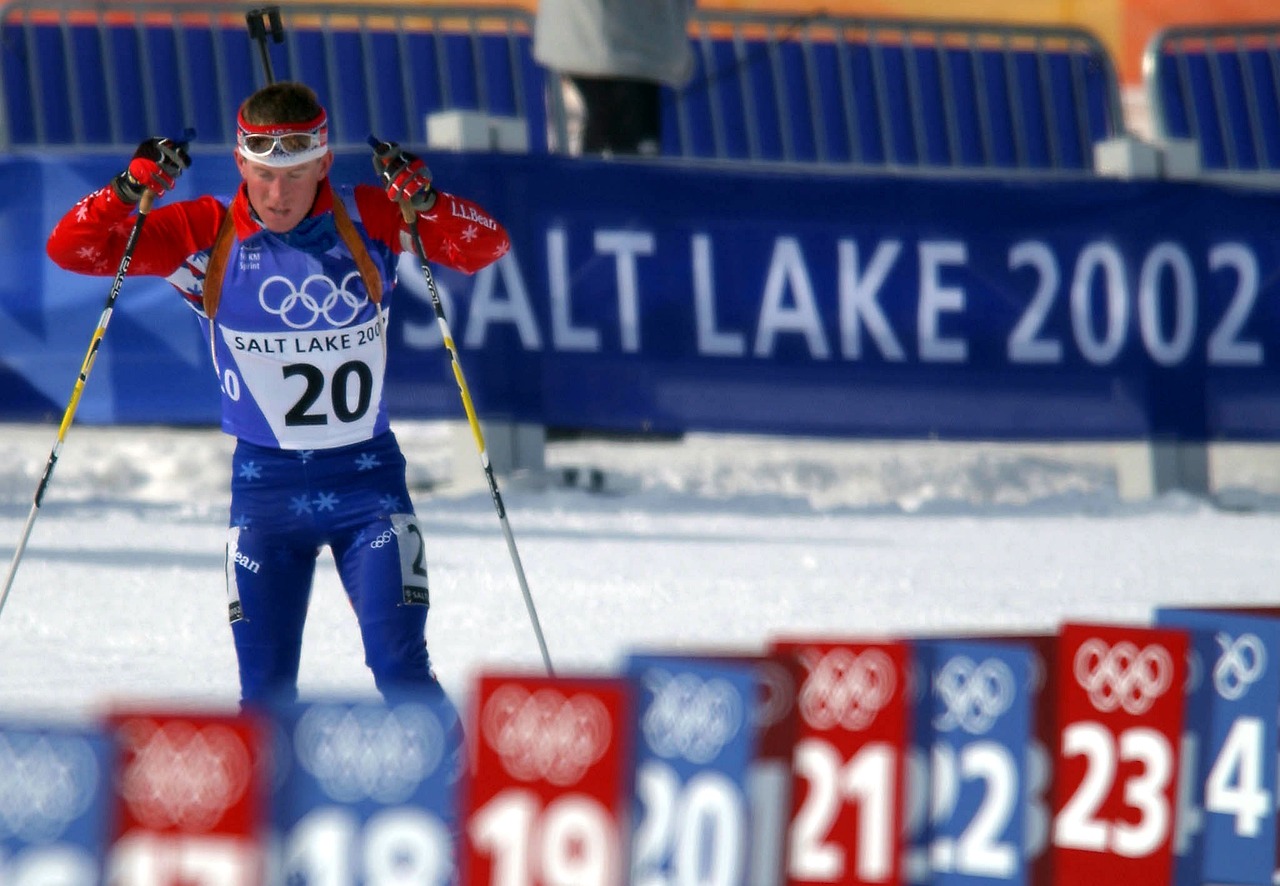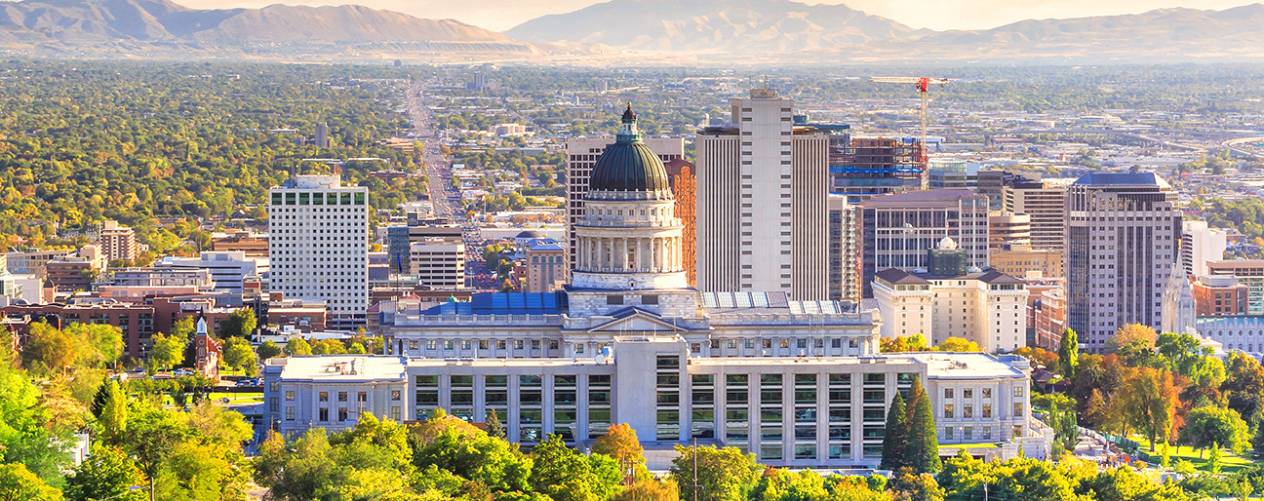
In November, International Olympic Committee leaders selected Salt Lake City as the preferred host for the 2034 Winter Olympic Games, bringing recognition and responsibility to the Utah capital.
Rebecca Dudley, an assistant professor of political science at BYU, gave a lecture at the Kennedy Center on March 27 and outlined how politics and sports are inextricably linked, especially in the Olympic Games.
“Bids to host the Olympics are largely driven by a desire to showcase a nation and contribute to a legacy,” Dudley said.
The Olympics in 2034 will give Utah and by extension the U.S. a chance to accrue “soft power,” according to Joseph Nye, an American international relations scholar.
This soft power refers to “the ability to get what you want through attraction rather than coercion or payments … soft power arises from the attractiveness of a country’s culture, political ideals and policies.”
Soft power and the opportunity to host the Olympics will allow Utah to further project the image that it has been cultivating for the past several years.
“Utah is first and foremost going to care about economic vibrancy,” Dudley said. “We want to draw people to the area, we want to have the infrastructure that can support it and we also want to bring in the tourist dollars and the jobs and the arenas that we can use for years to come.”
Although large sporting events have great potential to bring countries together, they can also exacerbate existing rivalries or highlight problems in the host country.
“Boycott and protest is one of the most important political mechanisms that a country has in relation to the Olympics,” Dudley said.
She brought up the African boycott of the Montreal Olympics in 1976 and the major boycott of the 1980 Olympics in the Soviet Union as compelling examples of this power.
“The Olympics give countries that are looking for recognition and legitimacy a platform to find that,” Dudley said. “The International Olympic Committee has participated in swaying the international system.”

Although Utah will be under more scrutiny leading up to the games, 2034 will most likely bring more global unity and shared purpose, Dudley said.
”I actually think the most powerful elements of sport diplomacy are at the individual level,” Dudley said.
Sportsmanship and people coming together to support their country and each other is what the Olympics is really all about, she said.
Dudley quoted Sarah Hirshland, the CEO of the U.S. Olympic and Paralympic committee, who believes sports is one of the universal languages of the world and that “sport has a very, very powerful way to drive common purpose.”
“We use sports as a way of connecting people to our country. Whenever I go around the world, whatever our differences may be, sports brings us together, unites us and connects us,” Antony Blinken, the U.S. Secretary of State, said in a past address.
Salt Lake City last hosted the Olympics in 2002. Those games featured the first-ever women’s bobsled team and several U.S. medals won in the bobsled and skeleton competitions.




